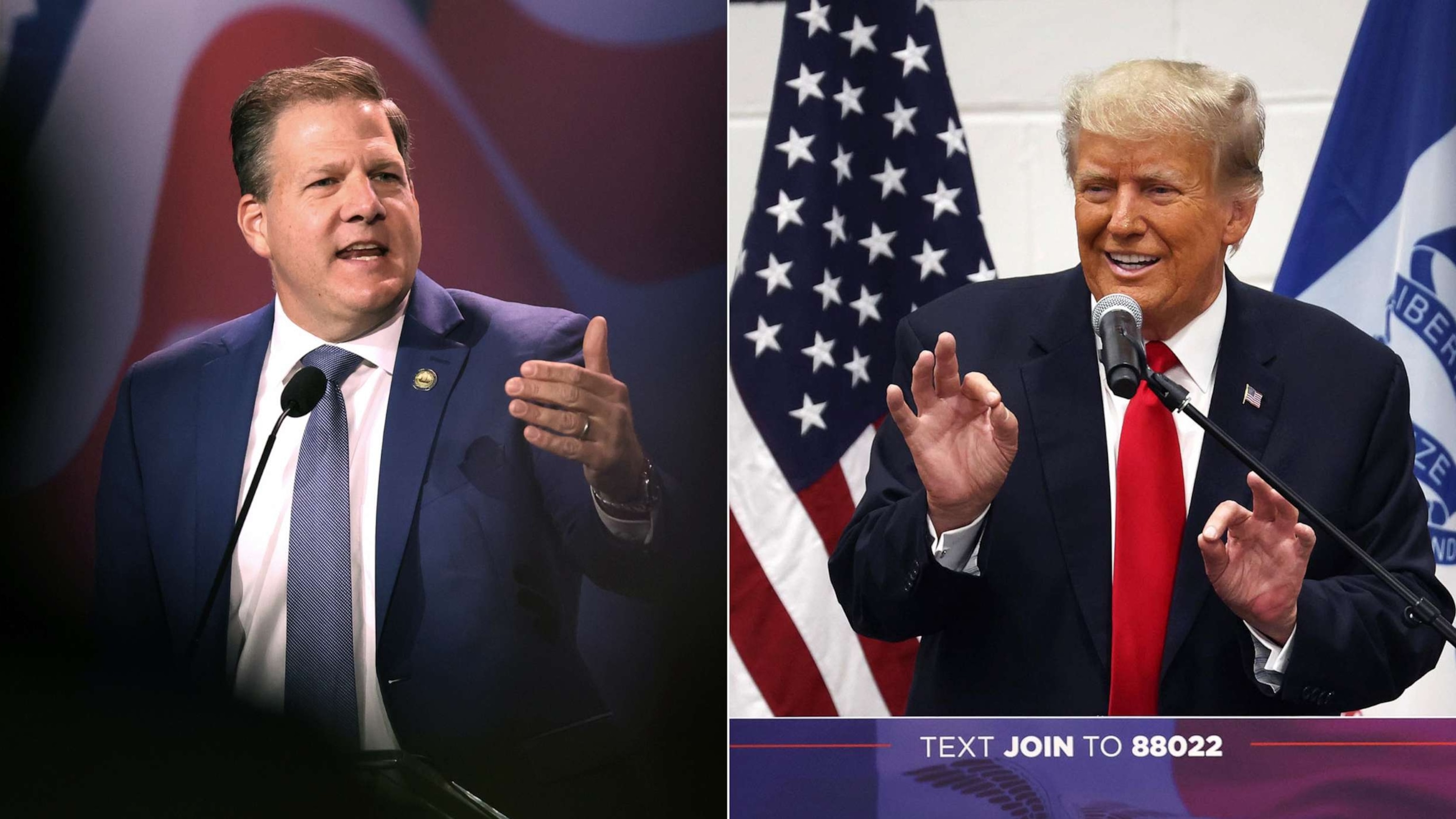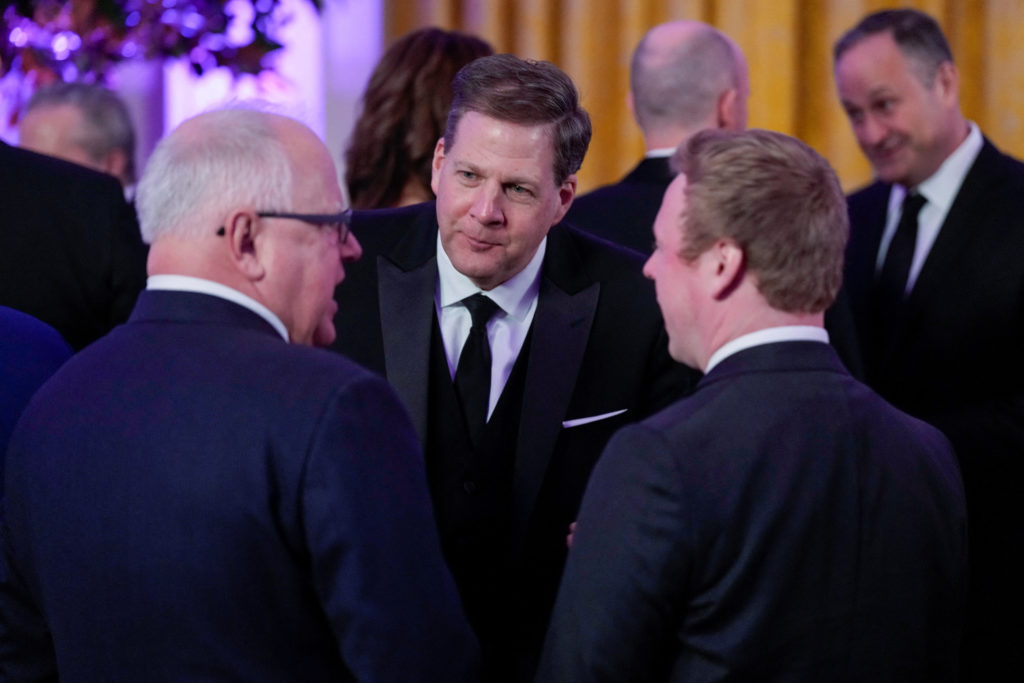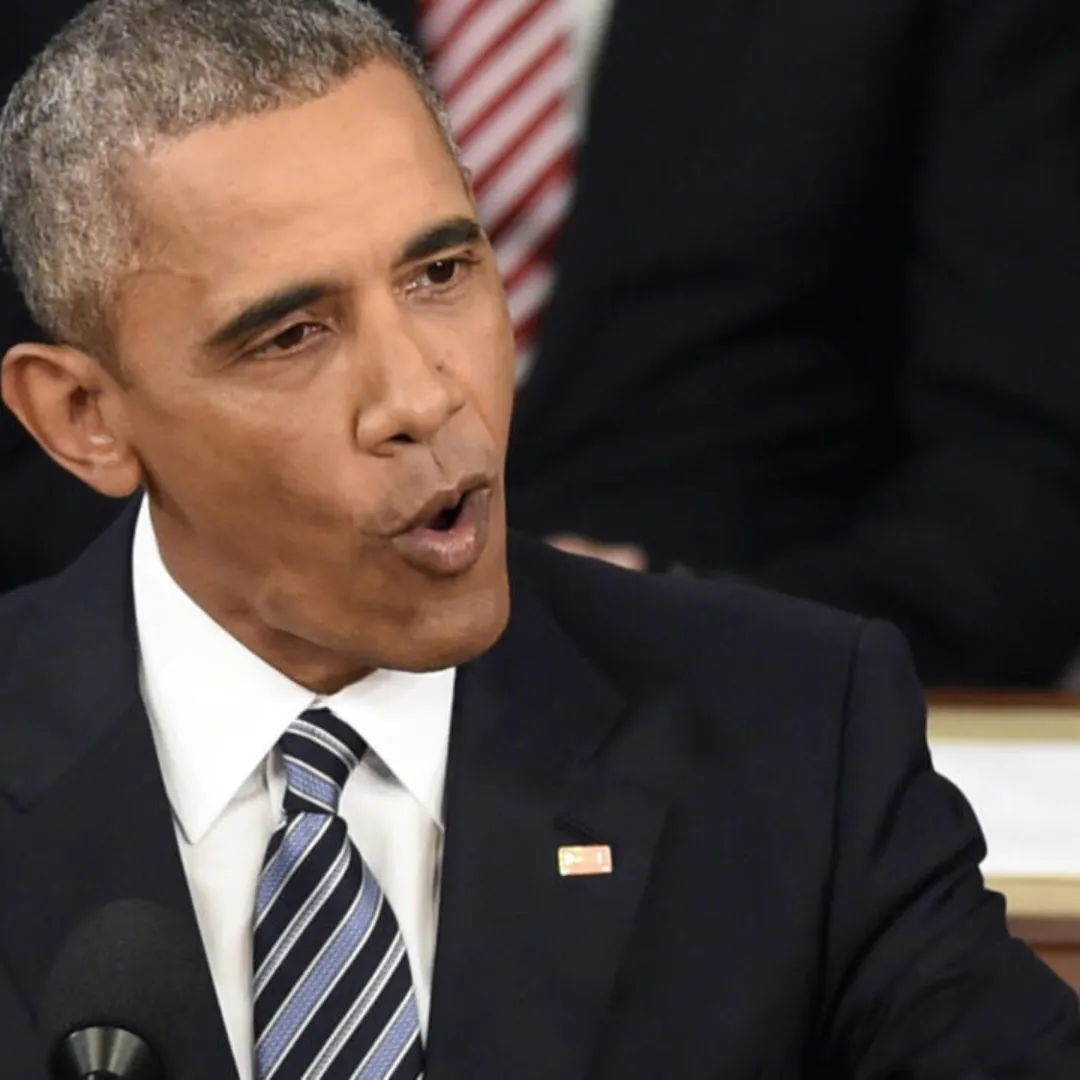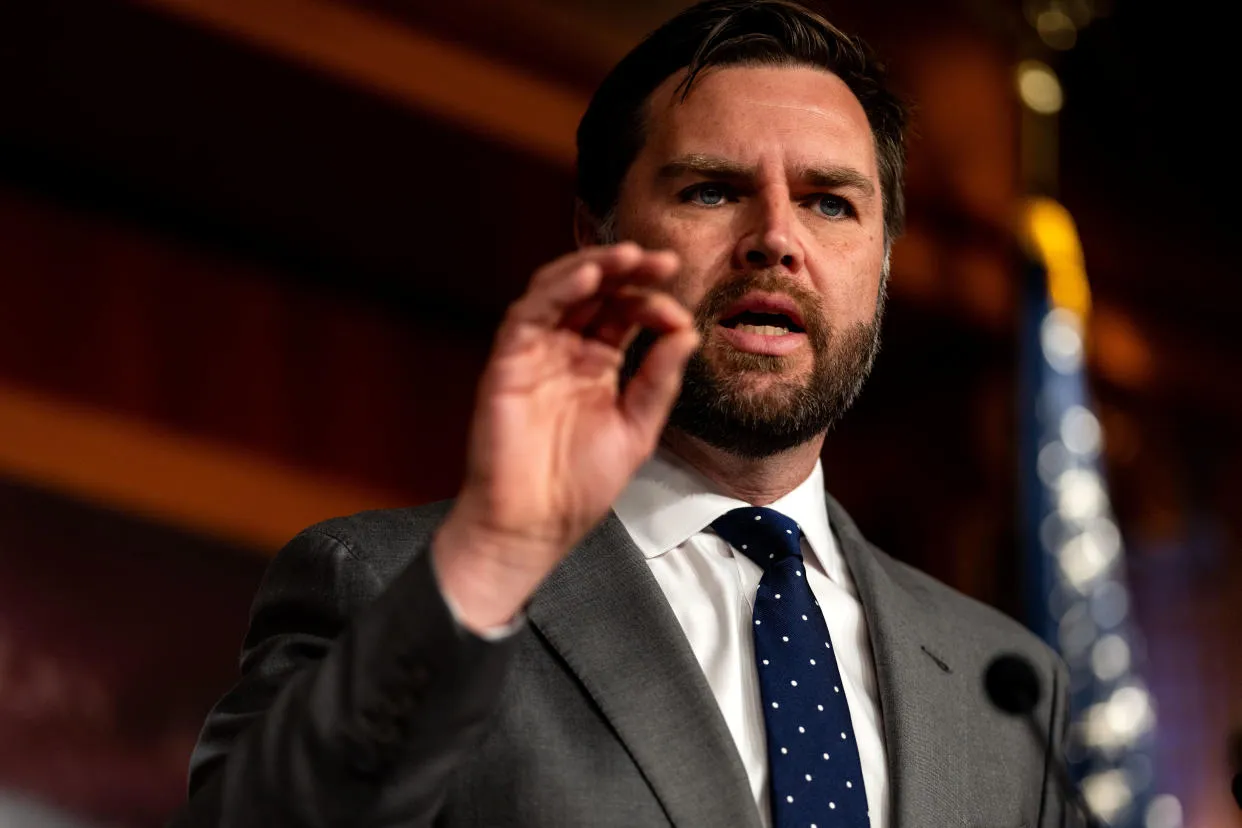In the fast-moving world of American politics, few issues can ignite public debate with the intensity and speed of a communications misstep. This week, former New Hampshire Governor Chris Sununu became the latest public figure to weigh in on the fallout surrounding the Trump administration’s handling of the Signal group chat scandal—a controversy that has exposed not only the administration’s struggles with messaging but also a deeper question about accountability in government.
During an appearance on NewsNation Now, Sununu, a prominent Republican voice, sharply criticized the defense team’s handling of the Signal chat incident, which involved high-level national security officials and The Atlantic journalist Jeffrey Goldberg. The controversy centers around the inclusion of Goldberg in a group chat where top officials discussed sensitive military operations, including the timing and logistics of U.S. strikes on the Houthis in Yemen.
The chat was created by National Security Adviser Mike Waltz, who admitted to mistakenly adding Goldberg to the group. While Waltz and other officials have played down the seriousness of the situation, the public reaction—especially after Goldberg revealed the details of the conversation—has caused a storm of scrutiny.
In Sununu’s view, the true issue was not the inclusion of Goldberg, but the Trump defense team’s response to the situation. “This was not President Trump’s fault,” Sununu said on NewsNation. “But the way this defense team has handled it has been terrible in terms of the messaging.”
Sununu’s critique echoed concerns from both Democrats and Republicans alike, who have questioned whether the Trump administration’s handling of sensitive national security information undermines the public’s trust in government. Rather than focusing on the substance of the leak and the potential national security implications, Trump’s team shifted the focus to technicalities and defensive language that only served to prolong the controversy.
“They’re making what should have been a tough story into a weeklong gasoline fire. They keep making it worse in many different ways,” Sununu explained, underscoring how the administration’s attempts to downplay the leak ultimately fueled further debate.

The incident that sparked Sununu’s frustration centers around the inclusion of Goldberg in the Signal chat, which also included figures like Vice President Vance, Defense Secretary Pete Hegseth, and Director of National Intelligence Tulsi Gabbard. The chat was created by Waltz, who said that he “didn’t see this loser in the group” when Goldberg was accidentally added.
“Now, whether he did it deliberately or it happened in some other technical mean, is something we’re trying to figure out,” Waltz explained in an interview with Fox News’ Laura Ingraham.
This comment only added to the confusion, as it suggested that the incident may have been a technical glitch or a deliberate action. For many critics, the lack of clarity on the matter became another issue to grapple with, raising questions about the administration’s transparency and ability to handle security breaches.
The core issue, however, remains the nature of the information that was shared in the chat. According to Goldberg, the conversation contained sensitive details about U.S. military operations, including the timeline of the airstrikes against the Houthis and the types of weaponry used.
While Goldberg’s presence in the group chat was an error, the content shared there raised significant concerns about national security.
In his critique of the defense team’s response, Sununu emphasized the importance of taking responsibility for mistakes and presenting a transparent, accountable image to the public. “You own it,” Sununu said. “You say, ‘Wow, we messed up here, here, and here, it was a big mistake.’”
The former governor’s point was clear: leadership requires accountability, particularly when dealing with sensitive national security issues. The failure of the Trump team to own the mistake, he argued, has contributed to the ongoing public relations disaster.
“The best thing we can do in these situations is to own all the little pieces of it,” Sununu explained. “You don’t come out and try to dodge over here and talk about things over there.”
Sununu’s comments reflect a broader frustration with the Trump administration’s approach to handling crises. Whether it was the botched response to the COVID-19 pandemic or the mishandling of the January 6th insurrection, critics have often accused the administration of avoiding responsibility, deflecting blame, and failing to take ownership of its mistakes.
:max_bytes(150000):strip_icc():focal(999x0:1001x2)/Chris-Sununu-Donald-Trump-c36f3459c3504b5a849b1dc112f14986.jpg)
The White House and its defenders have consistently tried to minimize the significance of the Signal chat incident. After the story broke, the administration released several statements defending Waltz, with both Trump and Hegseth downplaying the potential consequences of Goldberg’s accidental inclusion.
According to Trump, the presence of the journalist in the chat had “no impact at all” on the success of the March 15 airstrikes, which he described as “perfectly successful.”
Hegseth, the Secretary of Defense, echoed this sentiment in his remarks to the press, calling the attacks “devastatingly effective.” However, the repeated insistence that the leak had no impact only served to fuel the perception that the administration was not fully addressing the gravity of the situation.
The White House’s attempts to shift the focus away from the substance of the breach and onto the technicalities of Goldberg’s inclusion have failed to stem the flow of criticism. In Sununu’s view, this has been a significant blunder on the part of the defense team. “They’ve made it worse by continuously trying to explain it away,” he said.
The Signal chat controversy has sparked a broader discussion about the handling of sensitive national security information in the Trump administration. For many, this episode exemplifies the administration’s cavalier attitude toward security protocols and its consistent failure to acknowledge the importance of transparency and accountability in government.
The inclusion of Goldberg, a journalist, in a chat with high-ranking officials about military operations raises serious questions about the security of government communications. If such sensitive information can be so easily mishandled, what does that say about the administration’s broader approach to national security?
This is not the first time that the Trump administration has faced criticism for its handling of classified information. From the mishandling of the Ukraine whistleblower complaint to the improper storage of classified materials in Mar-a-Lago, the administration has consistently faced allegations of failing to uphold the highest standards of security and accountability.

As the Signal chat controversy continues to unfold, the question remains: How will the Trump team respond? Will they take Sununu’s advice and own their mistakes, or will they continue to deflect and downplay the seriousness of the situation?
The answer to that question will have significant implications not just for the Trump administration’s credibility, but for the broader political landscape in the United States. With the 2024 presidential election on the horizon, how the Trump team handles this scandal could influence the outcome of the race.
For now, the Signal chat scandal remains a key point of contention. While the public debates the consequences of the leak and the administration’s handling of it, one thing is clear: the Trump defense team’s response to the controversy has turned what should have been a simple issue into a full-blown political crisis.




